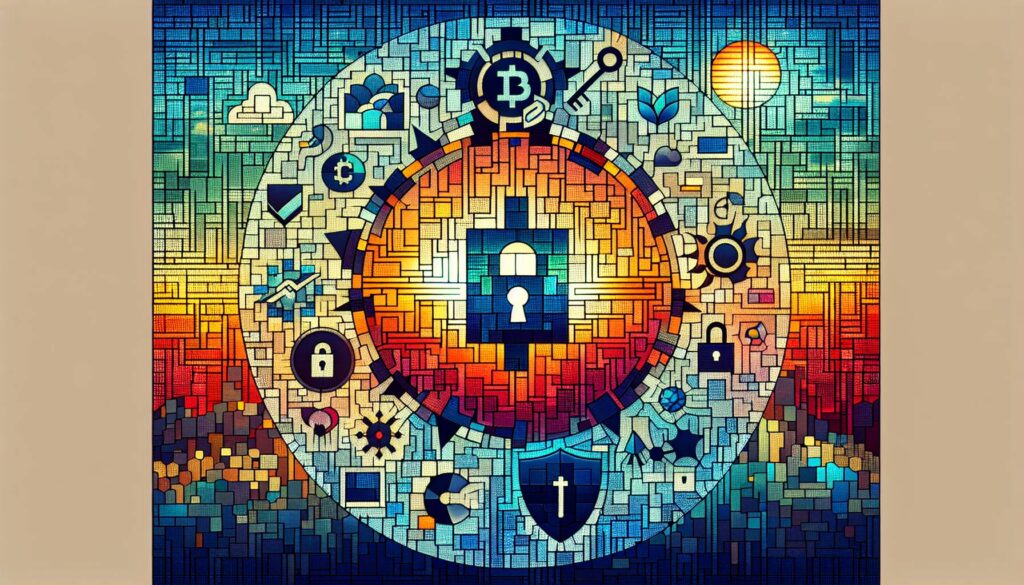In a remarkable showcase of technological advancement within the cryptocurrency space, Solana has captured attention by briefly surpassing the impressive milestone of 100,000 transactions per second (TPS). This surge highlights Solana’s capabilities in handling a high volume of transactions efficiently, a critical factor as the demand for speed and scalability continues to rise in the blockchain realm.
According to insights from developers involved in the project, there is a strong belief that Solana could consistently reach at least 80,000 TPS in the near future. This potential not only positions Solana as a competitive player but also suggests a growing optimism about the blockchain’s scalability, which is vital for facilitating mainstream adoption of decentralized applications and services.
“Achieving over 100,000 transactions per second is a testament to the cutting-edge technology and innovation that Solana brings to the blockchain ecosystem,” noted one developer.
The implications of such performance metrics are significant in a landscape where speed and efficiency are paramount concerns for users and developers alike. As various projects vie for a share of the market, Solana’s advances could offer a glimpse into the future of blockchain technology, bridging the gap between existing limitations and the burgeoning demand for enhanced digital transaction capabilities.
Solana’s Transaction Speed Breakthrough
Key points about Solana’s transaction capabilities and its potential impact:
- Record Transactions: Solana briefly achieved over 100,000 transactions per second (TPS).
- Developer Insights: A developer projects that the blockchain could eventually sustain at least 80,000 TPS.
- Scalability: High TPS signifies significant scalability advantages over many existing blockchain networks.
- Potential Impact:
- Improved User Experience: Faster transaction times can enhance user satisfaction and engagement.
- Broader Adoption: Scalability may encourage more businesses and users to adopt the blockchain.
- Innovative Use Cases: High TPS can enable new applications, especially in finance and gaming sectors.
- Competitiveness: This performance could position Solana as a leading blockchain in comparison to others with lower TPS rates.
Solana’s Transaction Speed: A Game-Changer or Just Hype?
Recently, Solana made headlines by briefly reaching an impressive benchmark of over 100,000 transactions per second (TPS). This staggering feat, highlighted by a developer’s forecast of potentially achieving a consistent 80,000 TPS, has ignited discussions about its competitive position in the rapidly evolving blockchain landscape.
In comparison to other leading blockchains like Ethereum, which is known for its slower transaction speeds and higher fees, Solana’s capability presents a significant competitive advantage. Projects that require high throughput, such as decentralized finance (DeFi) applications and NFT marketplaces, could greatly benefit from these rapid transaction times, enabling smoother user experiences and attracting more developers to its ecosystem.
However, this breakthrough isn’t without its challenges. Critics may point to the reliability of achieving such high speeds consistently. Blockchain networks often face scalability issues, and any setbacks in maintaining these TPS levels could undermine confidence among developers and investors. Additionally, while the promise of speed is enticing, it raises questions about decentralization and security, which are crucial for user trust and long-term adoption.
For developers and businesses focusing on high-frequency trading or robust DeFi solutions, Solana’s performance could create lucrative opportunities. Conversely, for existing platforms with slower capabilities, this rush towards faster transaction speeds could present significant threats, as they may struggle to compete for user engagement in a domain that increasingly prioritizes speed and efficiency.

















